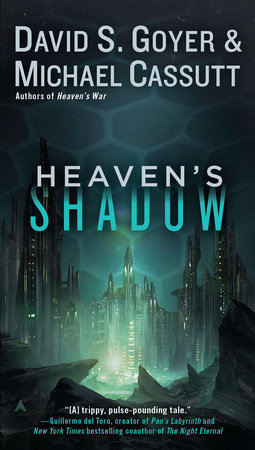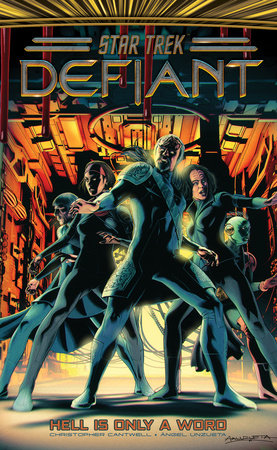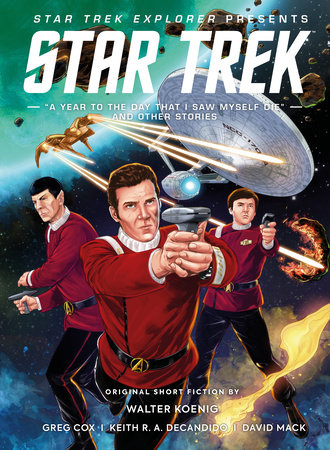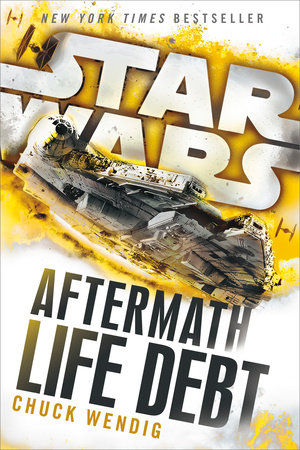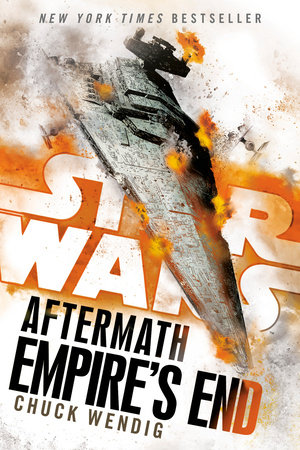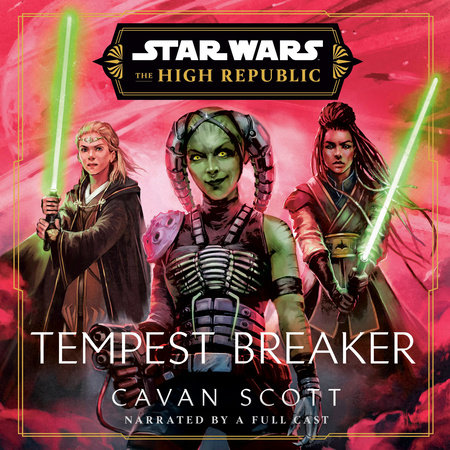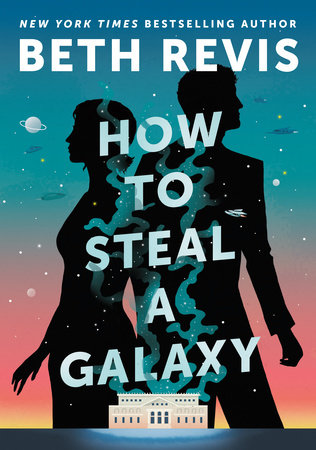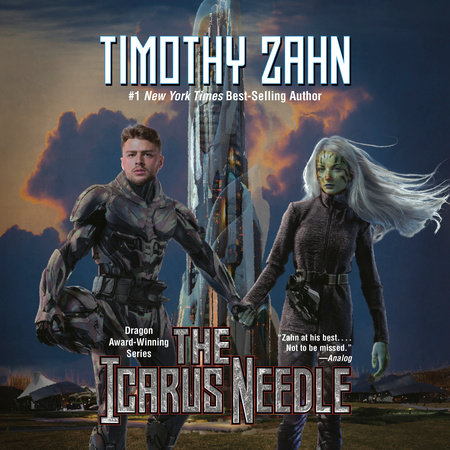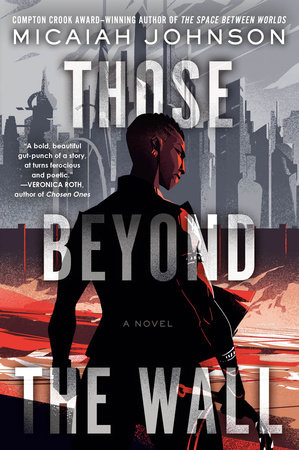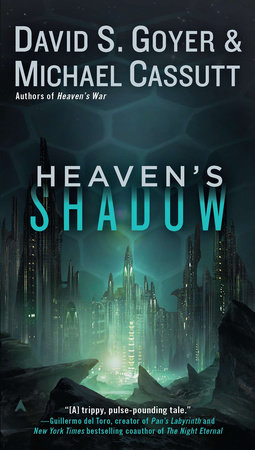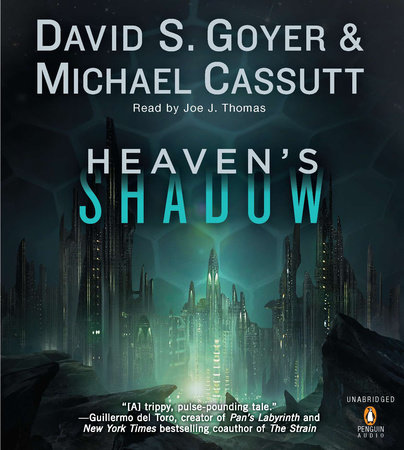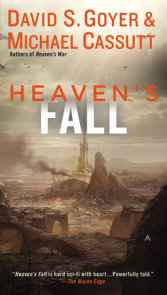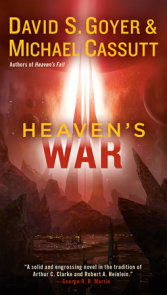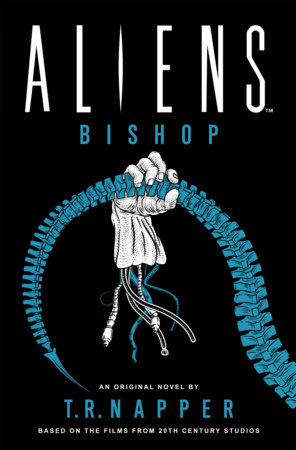We plead guilty. We are science fiction and comic book fans. Books, TV, movies, graphic novels. Doesn’t matter. (We like space travel, too.) Michael’s interest in science fiction has always been intertwined with his interest in space flight. He was reading Heinlein’s Red Planet at the time of the first Gemini missions. It seemed perfectly logical that the adventures in that wonderful novel would follow those he was seeing on television. His fascination with space took him to the University of Arizona to study astronomy—however briefly. Eventually he moved into space-related non-fiction writing, including the Who’s Who In Space books and the autobiographies of two pioneering astronauts, as well as a number of articles—and three novels, including Red Moon. His science fiction path led from Heinlein and Clarke and Asimov and Bradbury to a later generation of writers—Ellison, Delany, Zelazny, LeGuin—and into a writing career of his own. He sold SF short stories to such magazines as Fantasy & Science Fiction, Asimov’s and Omni, and to various anthologies. He published an SF novel and a fantasy novel. He began working in television, too, where he wrote SF or fantasy for The Twilight Zone, Max Headroom, The Outer Limits, Stargate SG-1, The Dead Zone and others, including mainstream series like Beverly Hills 90210, Sirens, TV 101. David’s was slightly different… David grew up in Ann Arbor, Michigan. A son of a single mother, he spent many an afternoon at the local comic-book, with that establishment serving as his de facto day-care center. An avid reader, David subsequently branched out into the science-fiction and fantasy genres. Along with the usual luminaries like Arthur C. Clarke, David also cites writers like Gene Wolfe, Jack Vance, and Neil Gaiman as his influences. In the mid-80s, David attended USC’s School of Cinematic Arts. David sold his first feature screenplay just six months after graduating and hasn’t held an honest job since. David’s break-through script was Blade, which went on to spawn two sequels, two videogames, and a short-lived TV series. Since then, David wrote or co-wrote such films as Dark City, Batman Begins, Jumper, The Dark Knight, The Unborn, and the upcoming Superman re-boot, Man Of Steel. He also served as a writer/director and executive producer on the TV series Threshold and Flashforward; and as story consultant on the record-breaking Call of Duty: Black Ops videogame franchise. Given our overlapping interests and friendships, it was natural that we’d meet… introduced by Michael Engelberg, producer of The Puppet Masters, which David wrote (with Ted Elliott & Terry Rossio, later somewhat more famous as writers of the Pirates of the Caribbean movies and a few billion others). Several years ago, David came to Michael and said, “I have an idea for an SF movie. I think your knowledge of NASA and space flight would help it.” Eventually titled Heaven’s Shadow, the story deals with a Near Earth Object (an asteroid a hundred kilometers wide) that swoops to a close encounter with planet earth a few years from now. Teams of astronauts from the U.S. and a Russian/Brazilian/Indian Coalition race to be first to land on the NEO, which turns out to be something more than a “big dumb object”. The teams find they are on a mission of First Contact that no only reveals extraterrestrial life, but has profound implications for the future of the human race. So we started working on the story, much as David and Christopher Nolan developed Batman Begins and The Dark Knight Returns, sitting in David’s office at Warner Studio and brainstorming. Early in the process, Michael said, “Why don’t we do what Kubrick and Clarke did with 2001? Let’s do a movie and a book at the same time?” So the richly-detailed treatment that emerged from these sessions became a novel manuscript. Which, in turn, was then sold to Warner for filming. (The script should be complete by spring 2011, right around the time Heaven’s Shadow is published.) We see Heaven’s Shadow as direct descendant of classic “first contact” novels by Michael Crichton, Arthur C. Clarke or Larry Niven & Jerry Pournelle, and even films like Close Encounters. But while we can happily write stories that appeal to the Comic Con audience, we are aiming beyond them to the women who, say, loved Star Trek or Battlestar Galactica, who are in search of an SF adventure that deals not only with new discoveries and mysteries, but also with matters of the heart, with love and loss. We’re proud of Heaven’s Shadow, which has already earned praise from such diverse talents as filmmaker and novelist Guillermo del Toro and SF writer Jack McDevitt. We are eager to share it with as many readers as possible… We hope you are, too. – David S. Goyer & Michael Cassutt
